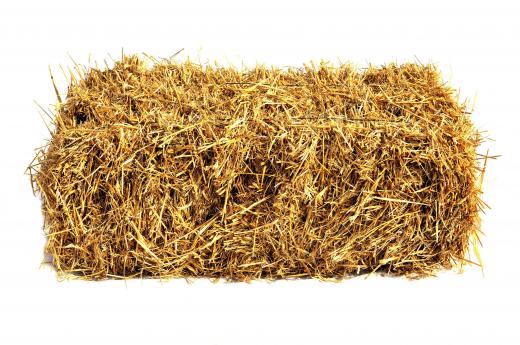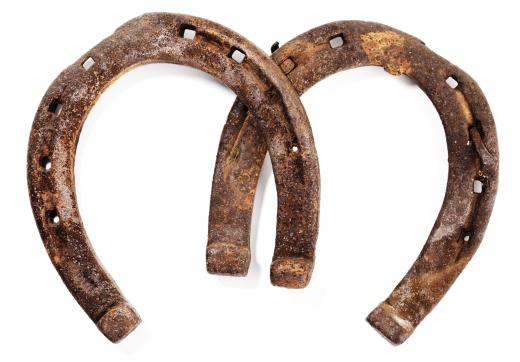Pincers are a type of hand tool composed of two handles and a set of jaws that are operated with the use of a pivot. A pincer can be used in a number of different applications, such as holding objects during manufacturing or construction. It is also possible to utilize a tool of this type to create some type of design or ornamentation.
In appearance, the pincer looks somewhat like a pair of scissors. There are handles that make it easy to grasp the tool with both hands. Rather than the tapered blades that are common with most pairs of scissors, pincers will feature a set of jaws that are usually blunt at the ends. As with scissors, the hands and jaws are connected with the use of a pivot that makes opening and closing the jaws a relatively easy task.

The exact origin of the pincer is unknown. However, it is possible to trace the hand tool back as far as the Middle Ages. A pincer was often used in the creation of metal objects, such as horseshoes and other hand tools. Because of the relatively long handles, this tool is ideal for holding metal securely over an open fire, making it much easier to heat the metal to a point that it can be shaped properly.

The pincer can also be used for other types of gripping projects. A large version can be utilized to move bales of hay or cotton with relative ease. Smaller pincers can be used to extract nails from sections of wood, such as furniture framing. Because the grip is so strong and precise, it is effective with detail work as well as moving large objects.
One application of the pincer that is not as well known by many people is in creating ornamentation. For example, it is possible to use a pincer to grasp and pinch the head of a nail. Because the grasp of the tool is so precise, it is possible to pinch the nail head in a way that creates a design. This application can be used for different types of furniture, crown molding, or any other type of wooden object.
Many hardware and building supply stores sell pincers to the general public. It is also possible to find some of the larger versions at farmers’ exchanges and other outlets that sell farming equipment. Even some craft stores will carry small pincers that can be used in detail work and in creating design elements for various types of craft projects. In general, the pincer is a durable tool that will easily last for decades with very little maintenance.

